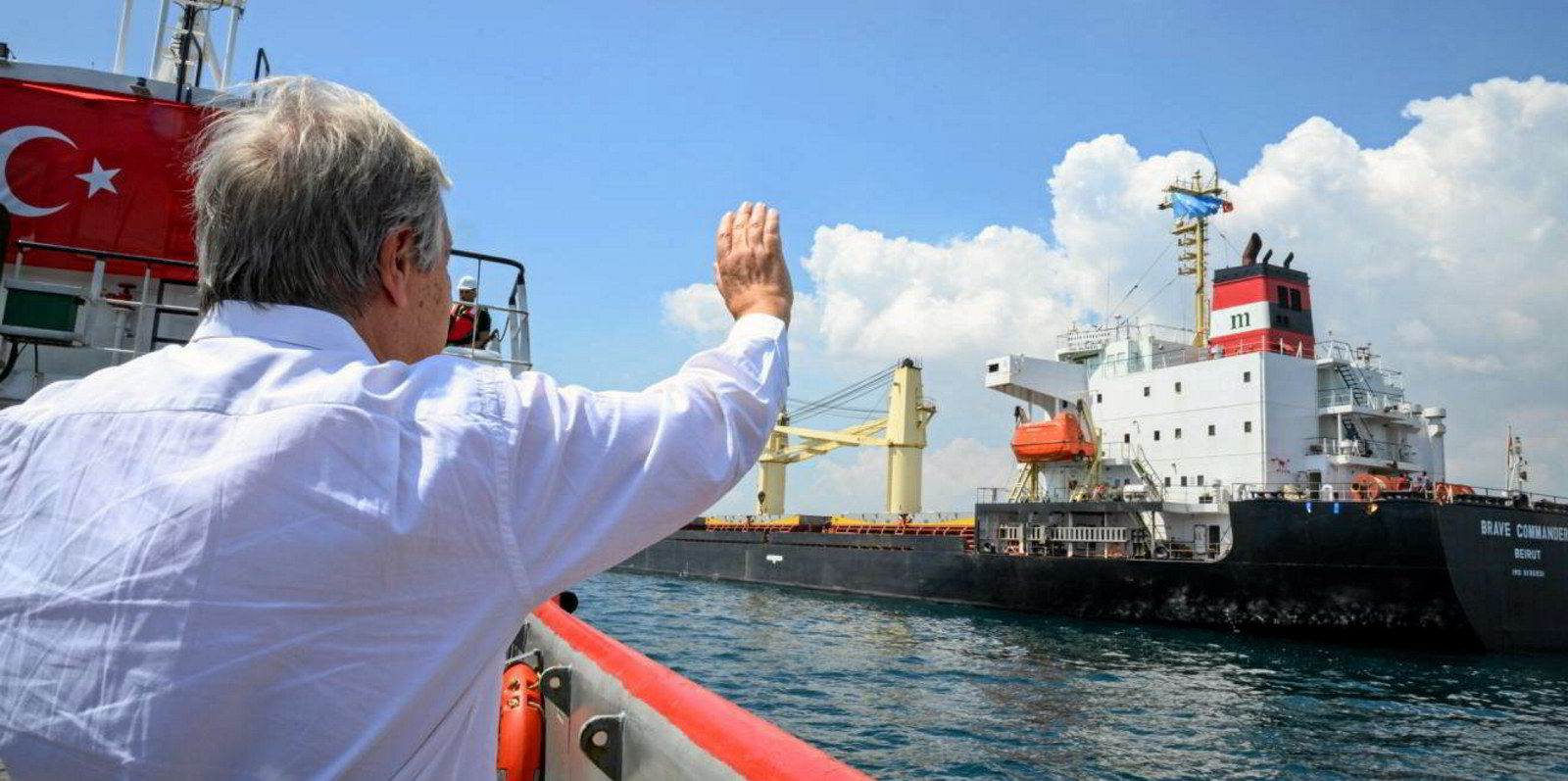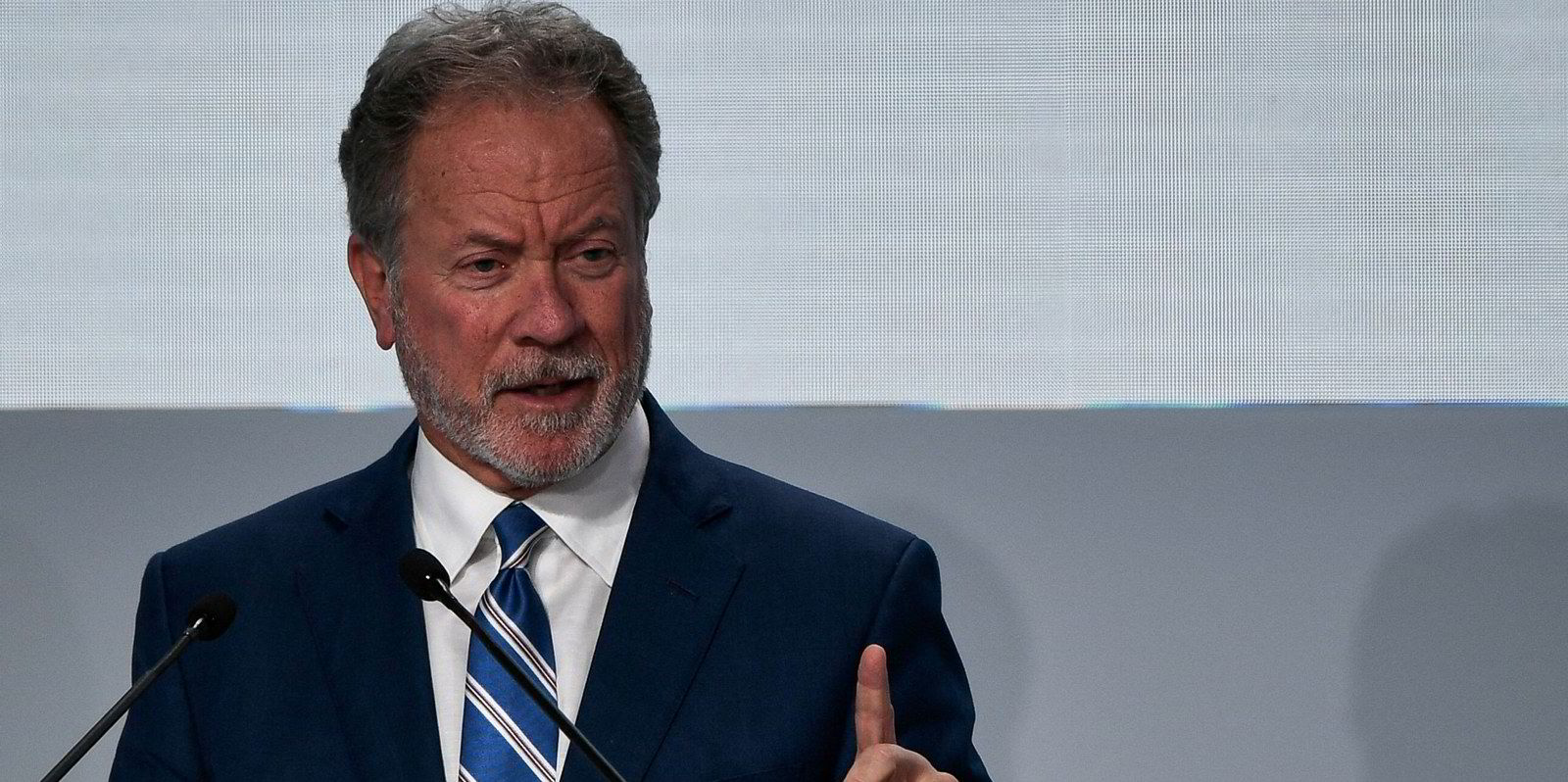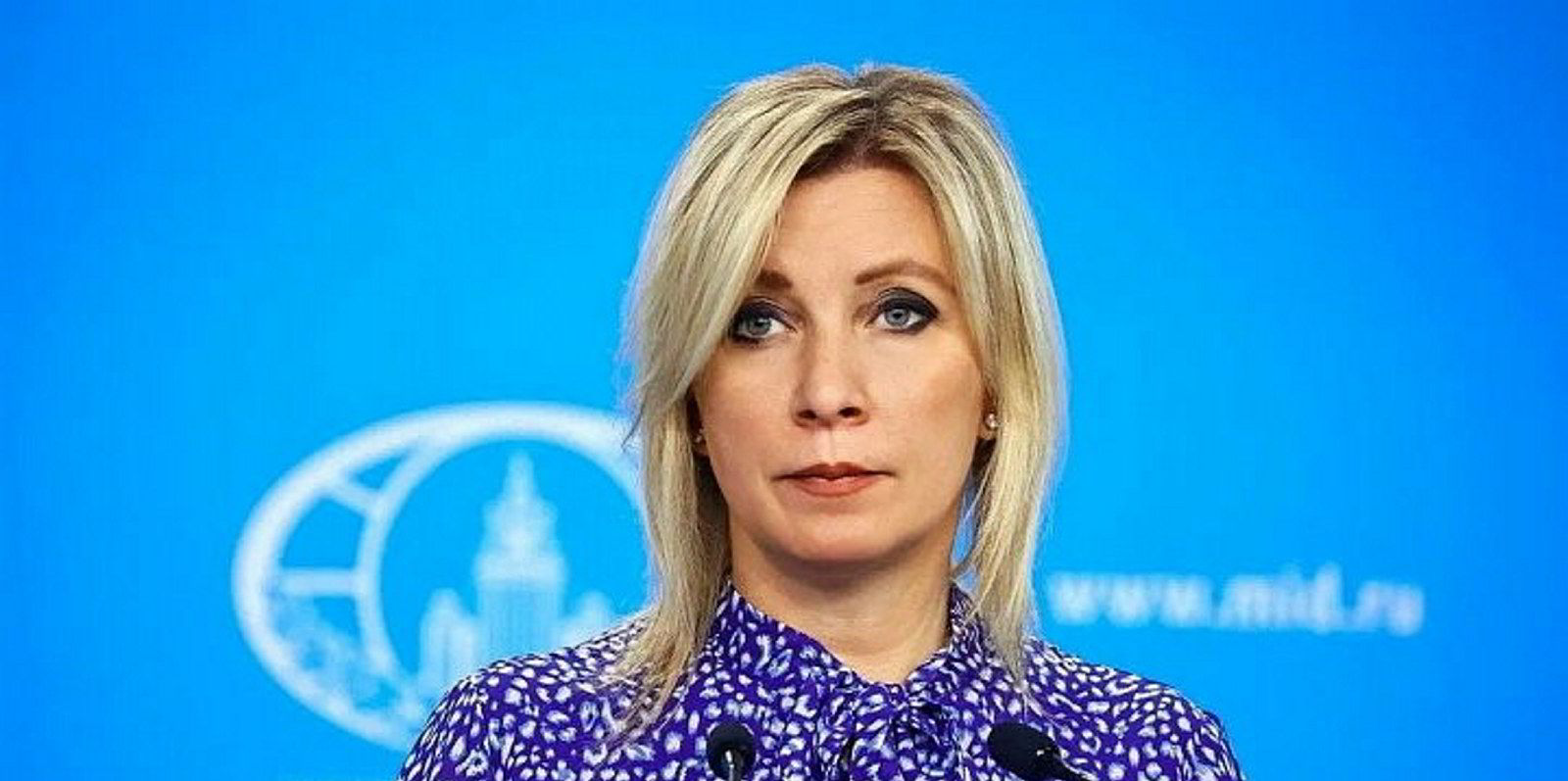On the day it was expiring, a key United Nations-led scheme to ship grain out of Ukrainian ports has got a new lease of life.
Recep Tayyip Erdogan, president of mediator Turkey, announced an extension of the deal after 19 March, the country’s defence ministry tweeted on Saturday.
The duration of the scheme, however, was not immediately clear.
According to a tweet by Ukraine’s infrastructure minister Oleksandr Kubrakov, it was extended by its customary duration of 120 days.
A senior Russian official, however, said that Moscow has not budged from its previously declared position to renew the corridor for just 60 days, in order to put pressure on the UN and the West to remove obstacles to Russia’s own agricultural exports and fertilisers.
Later on Saturday, the UN confirmed as well that the initiative was extended, without clarifying for how long.
According to the original version of the Black Sea Grain Initiative (BSGI) agreed in July by Russia, Ukraine, Turkey and the UN, the initiative “remain[s] in effect for 120 days from the date of signature by all parties and can be extended automatically for the same period, unless one of the parties notifies the other of the intent to terminate the initiative, or to modify it”.
In a post on the Telegram instant messaging service on Saturday, Russian foreign ministry spokeswoman Maria Zakharova said that a notification to modify the deal by prolonging it for two months was formally submitted by Russia on 16 March.
According to that document, Moscow would only consider extending the deal beyond 18 May if a set of conditions is met.
Five conditions to go beyond May
These conditions comprise: the return of the Russian Agricultural Bank to the interbank SWIFT payments system; the resumption of supplies to Russia of agricultural machinery and spare parts; a lifting of restrictions on insurance and access to ports for related Russian ships and cargo; the unblocking of accounts and financial activities of Russian fertiliser companies; and the resumption of the Togliatti-Odessa ammonia pipeline.
The Black Sea Grain Initiative is of global importance. By facilitating the export of about 25m tonnes of Ukrainian trade since 1 August, it has helped stabilise food prices worldwide.
In terms of shipping, it has provided much-needed lucrative employment for handysize, supramax and panamax bulkers in the region.
A parallel agreement between the UN and Russia is meant to facilitate the export of Russian agricultural products and fertiliser, which are equally important in staving off a food crisis in poor counties.
The UN earlier this week acknowledged obstacles to the export of such Russian products — which are nominally exempt from Western sanctions — and vowed to help remove them.
In its statement on Saturday, the UN reiterated it remained “strongly committed” to both the Black Sea Grain Initiative and its separate agreement with Russia, “urging all sides to redouble their efforts to implement them fully”.
TradeWinds reported as early as on Friday that the deal was most likely to be prolonged, with Russia and Ukraine tacitly agreeing to disagree about its full duration.





